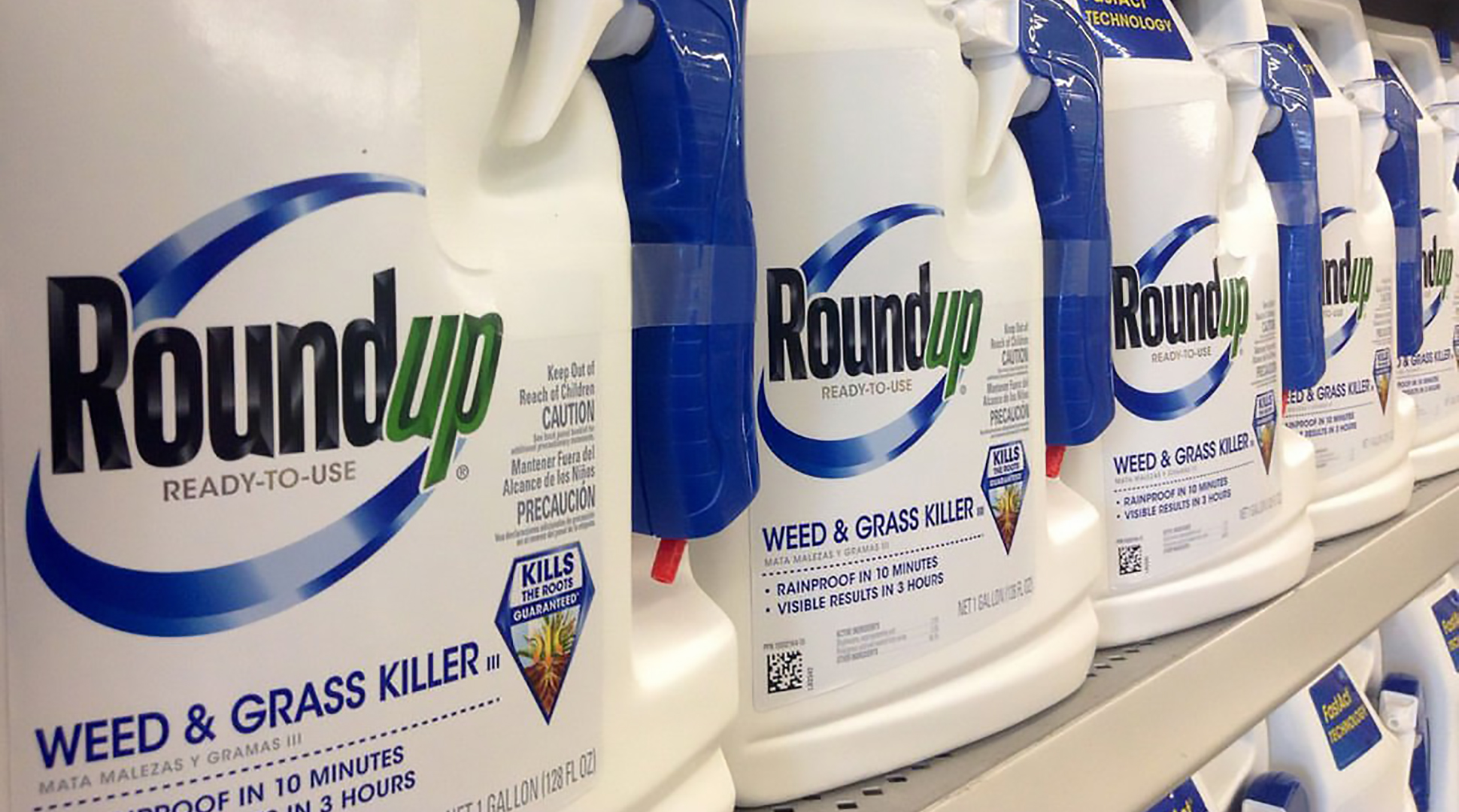By Cameron English
Now that three juries have said Bayer’s weed killer Roundup (glyphosate) causes cancer, many people believe there is clear evidence that the herbicide is dangerous. Organic industry-funded advocacy group U.S. Right to Know (USRTK) certainly wants consumers to believe that. The California-based nonprofit has played a key role in the three cases, providing evidence the plaintiffs’ lawyers have used to make their case.
“Studies link glyphosate to a range of health concerns” USRTK declared in a recent article, Glyphosate Spin Check: Tracking Claims About the Most Widely Used Herbicide, “including cancer, endocrine disruption, liver disease, shortened pregnancies, birth defects and damage to beneficial gut bacteria ….”
None of these claims stand up to scrutiny from independent scientists or oversight agencies, as GLP has reported extensively. But USRTK has employed a tactic (favored by political groups of all persuasions) in its opposition to glyphosate that is worth examining: Sifting through the peer-reviewed literature to find studies that support their argument, while dismissing contradictory research—widely known as “cherry picking.”
To illustrate how easy it is to defend an unsubstantiated hypothesis, and why we should be skeptical of sensational claims about chemical harm or safety, let’s “demonstrate” that glyphosate might be a ‘cure’ for cancer by highlighting only the research that helps make the case.
Over the past several years, a handful of studies published in peer-reviewed journals and conducted by researchers at reputable universities has in fact suggested that glyphosate possesses cancer-fighting properties.
Read Cameron's full story to find out more about these research studies on The Genetic Literacy Project site.
